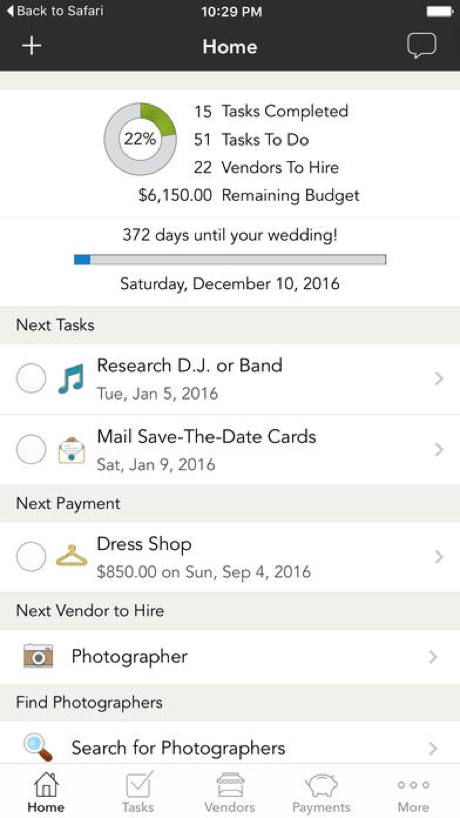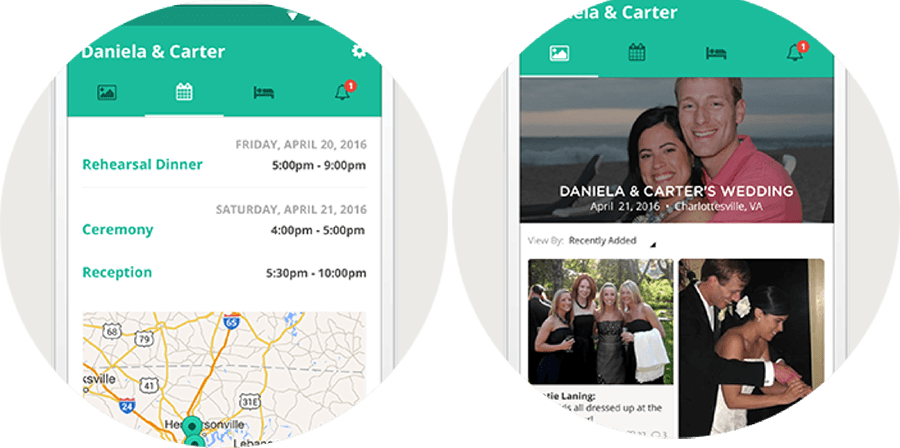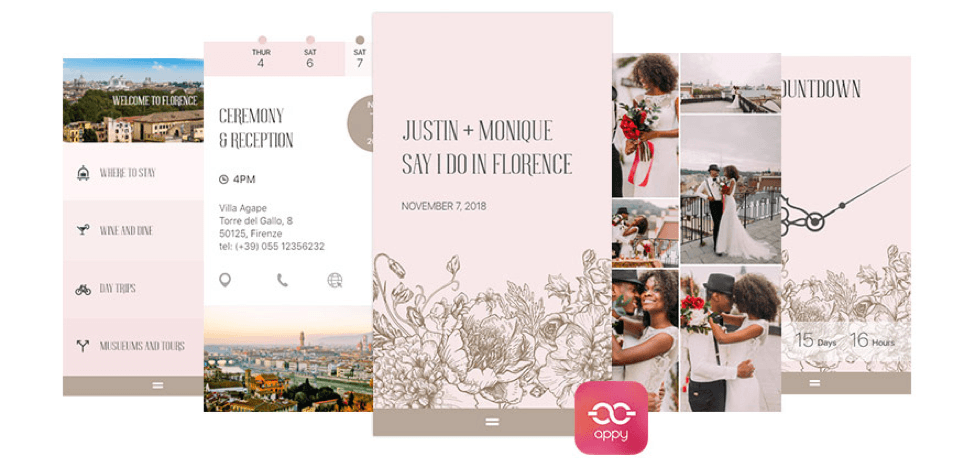First Things First: Choosing Your Wedding Day
Be honest, you have most likely had the “when and where” picked out for your big day for about as long as you can remember. Am I right? Yes, of course, and so did I! We’ll save the “where” for another conversation. As for the “when,” let’s talk about choosing wedding dates for a moment.
Being from the Midwest, I understand that while planning events, each season plays a significant role in the decision making–especially for a wedding day. All things considered, it boils down to “wants” (the wedding of your dreams) and “needs” (the wedding you realistically can have, which I’d be willing to bet will ultimately be as good or better than your dreams).
Cost and Weather, Both Big Deals!
The most expensive weddings tend to happen during the peaks of each season. This is typically in hopes of steering clear of problematic weather, most specifically on the most popular weekends during that time.
- Venues for your nuptials and reception should be your first phone call to claim your date. The availability and booking of your church, and then your hall second, will be setting the stage for every other arrangement that follows.
- Seasonal weather conditions: this can most definitely have an effect on the cost of decorations, transportation, and certainly wedding attire and accessories–fancy umbrellas or faux-mink shawls will most emphatically be good additions during inclement weather, but will add to your expenses and to your bridal-party’s as well. I dislike having to mention this, but the potential for such bad weather (i.e. blizzards, etc.) can potentially cause you to consider altering the schedule of your day and/or your evening festivities, or unfortunately cancelling altogether and rescheduling for a later date.
- Your favorite vendors (i.e. photographers, caterers, bands/DJs, florists, hair and makeup artists, etc.), will most likely price their services according to peak seasonality as well. Most specials or deals of any kind are typically to help fill their books during their slower times of the year when services such as theirs are in less demand. Remember, they are on the top of your “favorites” list for a reason; they’re THAT good! So, book them out as soon as your date is etched in stone… or someone else will!
- Holidays seem like a no-brainer. However, many love particular holidays so much they envision their wedding themed and weaved around or into that holiday. Bear in mind the additional availability stressor on your parish and your loved ones. Good rule-of-thumb, check with your priest or deacon first, before having your heart set on a holiday wedding!
- Loved ones: making plans that clash with the schedules of our family and friends can create some pretty awkward scenarios. You want to be there for them; they want to be there for you. Their weddings, baptisms, graduations, and milestone birthday or retirement parties are just some of the events that may already be in the planning stages. Stay in touch with your closest loved ones. Nobody wishes to unintentionally alienate the other.
- And finally, your honeymoon. If you are planning on your honeymoon immediately to follow your wedding, you definitely will want to consider that particular time of year to travel. In order to have flexible travel time, stay away from “Spring Break” for example, while again remembering, traveling through a holiday season will be most expensive and chaotic, as many other travelers flood airports and any hot-spot destinations.
Here’s a couple 0f last quick-tips
- You may want to visit The Weather Channel website for month-by-month average temperatures (highs and lows) for where you are marrying. This might help you to pick your “yes” season, and your “no” season.
- Keep in touch with all of your favorite vendors. Follow them on their websites and social media platforms to pick up on their trends. And, sign up for their emails!
In order to stay within a budget, keep open-minded while selecting wedding dates. And just maybe, the date that fits into your season and budget ideal, will turn out to be the wedding of your dreams.







